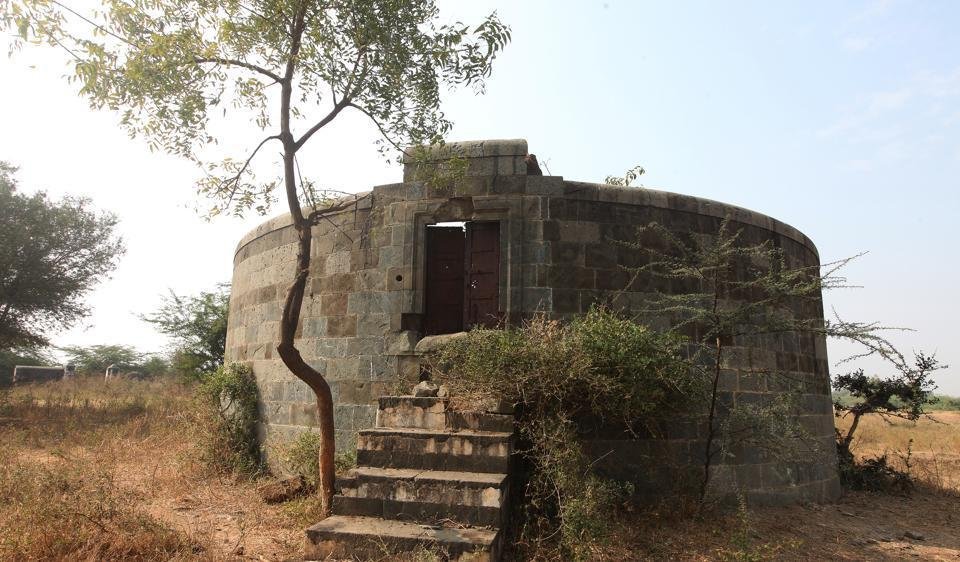Increase in Service Charges by B.P.P.
 I had addressed the following mail to the Chairman and Trustees on February 14, 2017. This issue is now in the public domain and therefore I am now forwarding the same to you for publication/circulation to help promote a healthy debate:
I had addressed the following mail to the Chairman and Trustees on February 14, 2017. This issue is now in the public domain and therefore I am now forwarding the same to you for publication/circulation to help promote a healthy debate:
February 14, 2017
To
The Chairman & Co Trustees,
Bombay Parsi Panchayat,
Fort,
MUMBAI
Dear Friends,
Last week a circular letter dated January 07, 2017 signed by the Chairman Mr. Yazdi Desai but bearing no reference number was dropped off at our residence.
One entirely agrees with the fact that some of us Parsi, Irani Zoroastrians living in B.P.P. / Wadia Baugs and Colonies are the beneficiaries of our forefathers’ foresight and munificence. If one is paying 1/100th of the market rent one has to bear in mind that these are old properties which are protected by The Maharashtra Rent Control Act, 1999 and therefore cannot be compared with market rents based on new constructions and without the “Parsis Only” covenant.
This circular attempts to make out a case for increase in service charges for utilities such as “water, common electricity, security, salaries of sweepers, malis, pump men and property taxes”. However, our records show that apart from the service charges of Rs.150/- p.m. which we are paying at present, we are also paying separately for water charges and property taxes. In fact security and parking charges which are being paid separately have been increased only recently. We understand from residents of some baugs/colonies that 50% contribution by the B.P.P. towards repairs to the buildings which was paid so far by the B.P.P. has now been deferred. Besides these charges occupants are voluntarily paying one months’ extra rent since the last several years.
Is it justifiable to collect a flat charge of Rs.900/- p.m. as service charges from one occupying a large flat of 2000+ sq.ft. vis-à-vis one staying in a 300 sq.ft. flat.
We appreciate the conciliatory tone of your letter when you hope the occupants “will willingly agree”… “In keeping with the tradition of cordial relations”. However we understand that Custodians have been instructed not to accept rents and to insist that increased security charges be paid simultaneously. This defeats the purpose of cordiality.
To conclude, while the residents who are well off may not feel the pinch, some thought and weightage should have been given to the points mentioned above as well as towards retired and senior residents who live on fixed or dropping incomes – some of whom may have already paid up out of fear of non-acceptance of rent.
Regards,
Phiroze Amroliwalla





